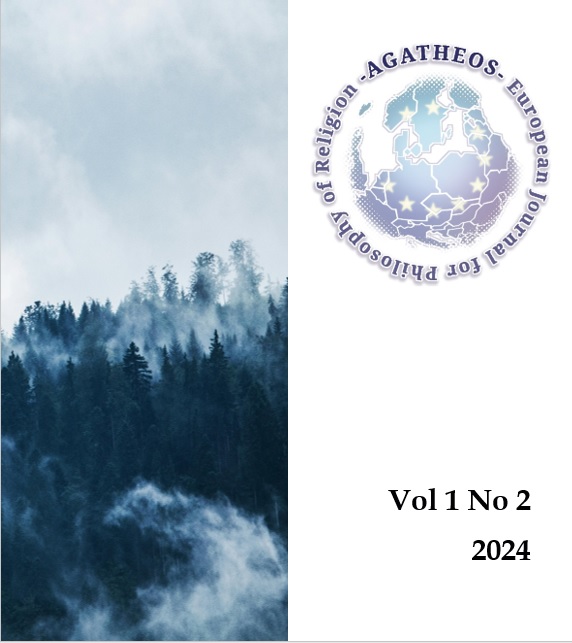Heavenly Overpopulation: Rethinking The Ethics Of Procreation
DOI:
https://doi.org/10.69574/aejpr.v1i2.22930Keywords:
Heaven, Overpopulation, Antinatalism, Procreation, Universalism, RiskAbstract
Many theists believe both (1) that Heaven will be infinitely or maximally good for its residents and (2) that most humans will, eventually, reside in Heaven. Further, most theists believe (3) that human procreation is often all-things-considered morally permissible. I defend three novel arguments for the impermissibility of procreation predicated on the possibility of heavenly overpopulation. First, we shouldn’t be rude to hosts by bringing more people to a party than were invited, which we do if we continue to procreate. Second, justice requires that the goods of Heaven be supremely good for those for whom heavenly existence is (even partially) compensatory, but if Heaven has a fixed and finite number of goods, each successful act (or enough acts) of procreation lowers the expected goodness for those persons and threatens to undermine justice. Third, we should choose the course of action with the least-worst outcome, and it would be worse to overpopulate Heaven than underpopulate it.
Published
How to Cite
Issue
Section
License
Copyright (c) 2024 Blake Hereth

This work is licensed under a Creative Commons Attribution 4.0 International License.
Authors of content published in the AGATHEOS retain the copyright to their works.
Articles are published under the terms of a Creative Commons CC BY 4.0 license, which permits use, downloading, distribution, linking to and reproduction in any medium, provided the original work is properly cited.



